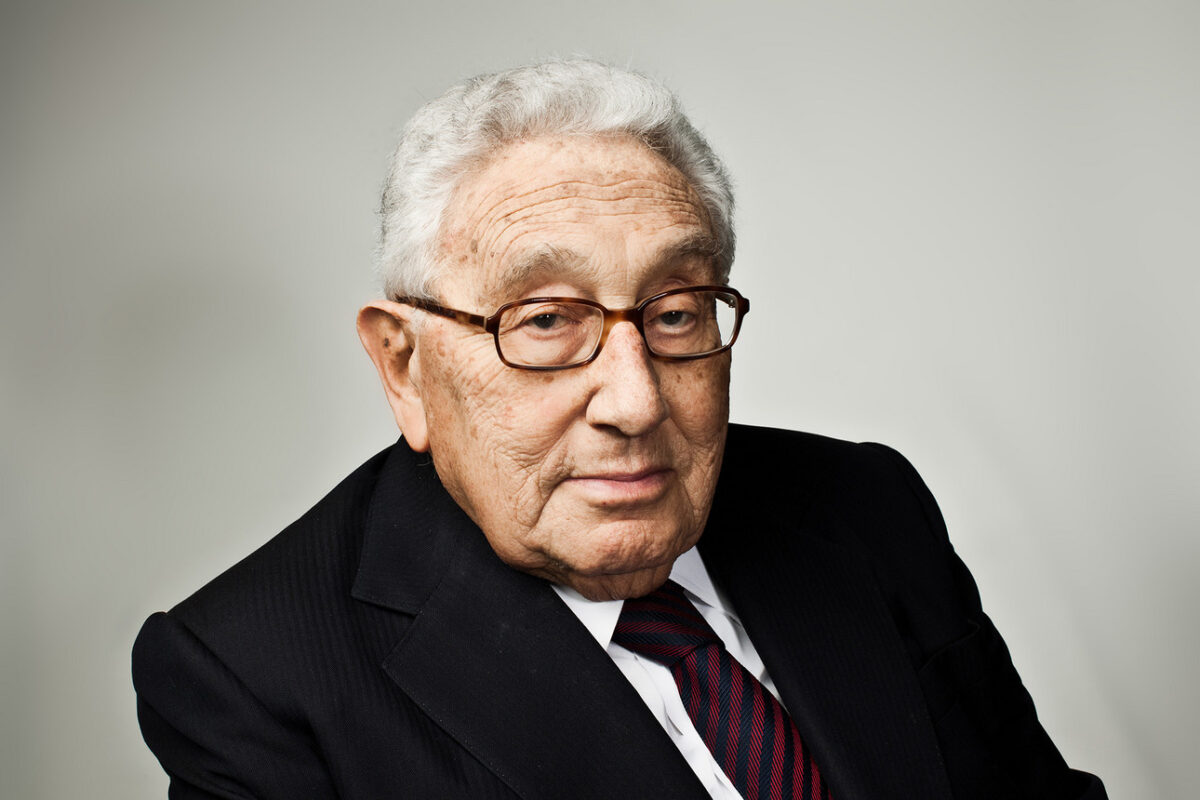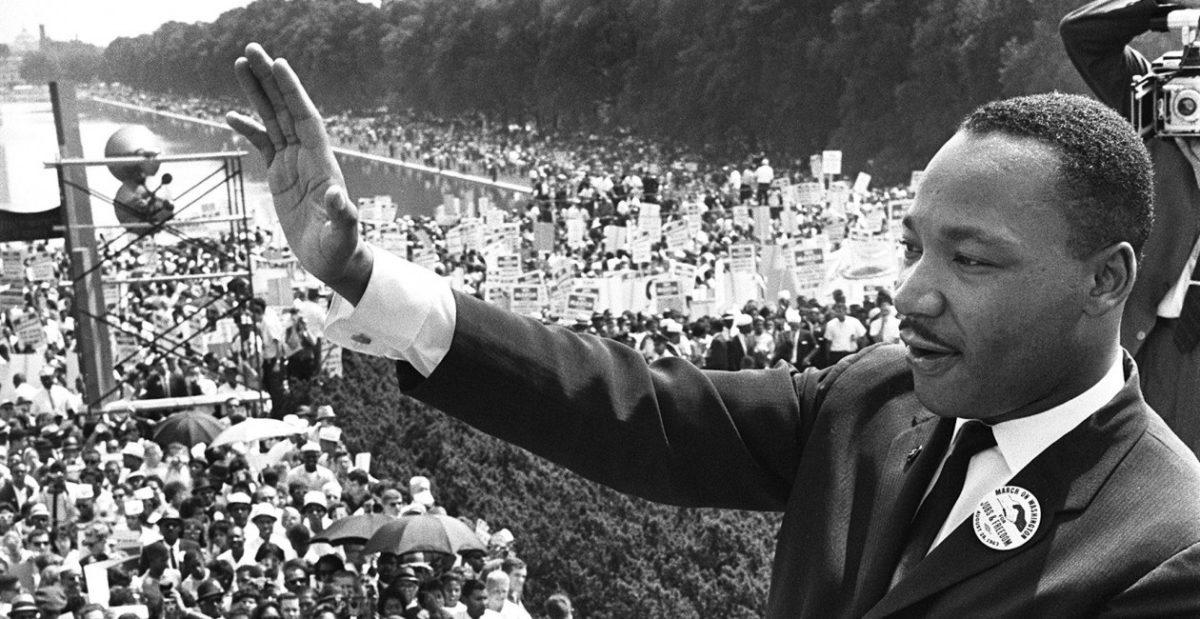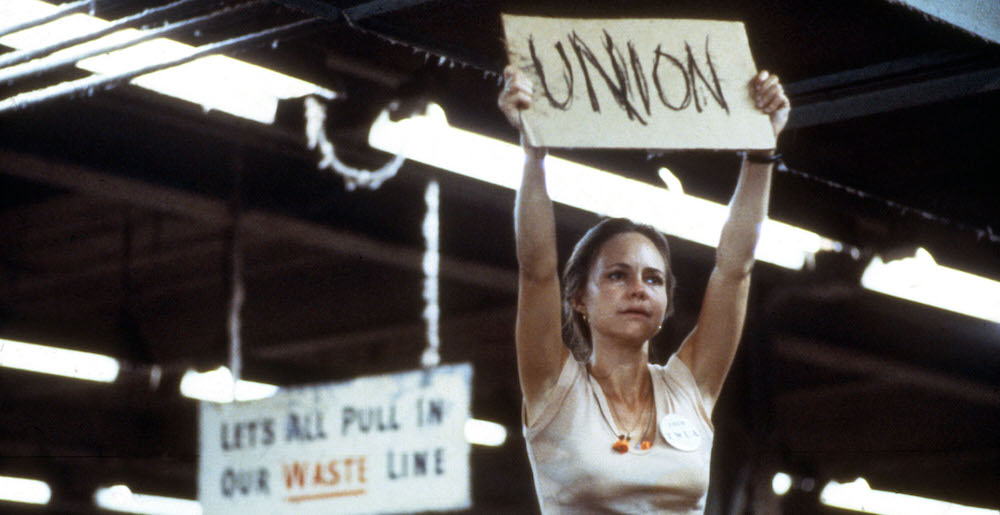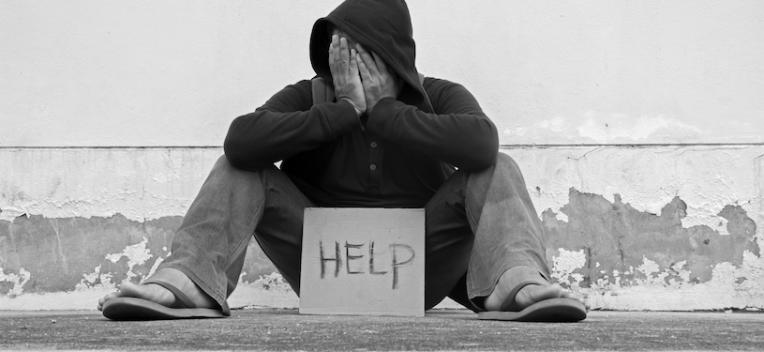Henry Kissinger, one of the most villainous men that American history has ever known, finally expired like toxic malodorous milk that nobody had the decency to remove from the fridge for decades. He dropped dead at the criminally ceremonious age of one hundred, although it seemed for many years that the bastard would, much like Jason Vorhees, never stop popping up with that hateful homicidal glint in his eye, which included an appearance at last October’s National Committee on U.S.-China Relations, where he scared the bejesus out of anyone still stunned that he had not been arrested and tried before the International Criminal Court. (When the ICC was proposed, Kissinger naturally opposed it.) Kissinger’s remorseless reptilian claws cleaved to the eroding American fabric and would not let go. And he continued to be aided and abetted by the American political elite long after most regular people understood Kissinger to be a war criminal, one of the most treacherous mass-murderers of the twentieth century.
Kissinger remained a permanent stain in Beltway life that anyone high up in the food chain of power had to tolerate, much in the manner that an Upper East Side socialite skips past a poodle’s droppings on the sidewalk and denies that the shit is there. It says a great deal about Kissinger’s moral bankruptcy that, much like Putin in Russia, the man deliberately angled to be one of the most disgraceful blots in the history books. Christopher Hitchens’s best book was a principled excoriation of Kissinger. Eric Idle wrote one of his most brutally satirical songs about Kissinger. British wits seemed to understand Kissinger’s viciousness and his far-reaching capacity for destruction better than Americans did.
Henry Kissinger was a corpulent cobra who slithered around the timid and unprincipled necks of the ruling class and had the temerity to claim that his venomous fangs were primed to strike in the name of peace.
He continued to pal around with rising neoliberal stars like some Methuselahean killjoy laughing in the face of some septuagenarian slowly dying of lung cancer. And the hell of it was that they all went for it. His seductive powers were so puissant that even Hillary Clinton genuflected to this genocidal maniac long after her political career was finished. When Bernie Sanders had the decency to call out Clinton for her Kissinger complicity during the 2016 primary debates, she offered one of her trademark cackles, as if Kissinger had simply left a ham in the oven too long rather than live out his autumn years with help from Hillary after a long career as a barbarous foreign policy architect, his life’s work killing millions. Kissinger’s avuncular presence somehow made any political opportunist feel good about America’s egregious assaults on humankind around the world, which is why so many reprehensible world leaders are now fawning over this baleful fuckhead and giving the Kleenex people one of its best sales days since people first started dying of COVID.
Even as I write these words, hateful paleoconservative Zionists all around the planet are shedding Adirondack-sized buckets of tears, telling their easily duped loved ones what a “great man” Kissinger was. This is because Kissinger always made them feel very cheerful about viewing the people of Palestine as little more than filthy animals shivering in the mud, sinister beasts to be laughed at, ideally shot in the head at the first opportunity. As far as Kissinger was concerned, the only good child on the Gaza Strip was a dead one. And it says a lot about his influence that so many ostensible “liberals” seem to agree with this right now. Kissinger’s repugnantly casual and flippant attitude about human life, mimicked by so many monsters hiding in plain sight, is why Stuart Seldowitz was able to get away from harassing Halal food vendors with hate speech for so long before he was finally arrested. And if Seldowitz hadn’t taken his abominable cues from Kissinger, they would have stopped this bastard much earlier. That Kissinger was allowed to spout such abhorrent froth for decades says a great deal about the work we need to do to prevent anyone of his evil ilk from rising to such a prestigious position again.
At vital summits, Henry Kissinger would offer recurring reports of gleeful flatulence and, when he was feeling particularly limber, he would show off his Charles Blondin tightrope moves well into his seventies over any pond of piss that vaguely resembled the Niagara. And for all this, he would be applauded. He lived as long as he did to remind everyone that, like some middling Delta bluesman striking a deal with Lucifer, he had somehow outlived even the halest and most robust proponents of the great American experiment.
Years ago, the Army had sent Kissinger to Pennsylvania to study engineering, but the Army didn’t seem to grasp that Kissinger possessed limitless reserves of sociopathic energy. Kissinger applied this newly gained knowledge to the disruption of representative democracy from the inside. And because most of the people in power did not read and because they were not deeply acquainted with Western philosophy, Kissinger would coo sweet words about Spengler and Kant into their country bumpkin ears, seducing them in the manner of an unrepentant fuckboi breaking a poor girl’s heart before moving onto the next conquest. For Kissinger had astutely observed how American film audiences had swooned for Monty Clift in The Heiress, despite the fact that Clift had played a vulpine and despicable fortune hunter who stole Olivia de Havilland’s doe-eyed innocence. Kissinger was prepared to do the same to America. And if it meant that millions in Vietnam, Cambodia, East Timor, Latin America, and southern Africa had to die, so be it. Kissinger’s biographer Greg Grandin has estimated that this vile and opportunistic patrician, this filthy and privileged reprobate, this unscrupulous and unrepentant specialist in mass killing, is responsible for at least three million deaths.
Kissinger was such an adept and bloodthirsty con man that he even won over the Norwegians and they ended up giving this venal and murderous motherfucker the Nobel Peace Prize in 1973, along with Le Duc Tho. Kissinger had openly lied to everyone about a ceasefire in Vietnam. But here’s the thing about the Oslo plutocrats: if you’re a bigwig who speaks in a thick German accent, these starstruck power brokers usually tune out after about a minute, preferring to remain mesmerized by your smug and superficial doublespeak simply because you occasionally quote a passage from Critique of Pure Reason. Kissinger knew this and reveled over how swiftly he had fooled Norway. Shortly after the Nobel win, Kissinger crammed large shovelfuls of expensive food into his hideous mouth and realized that he could get away with anything. Then he got down on his knee and popped the question to Nancy, that not very bright piece of ass who had done so much research for him and who was as equally gullible as the Nobel people. And she said yes, riding the Kissinger gravy train for the rest of her years and learning how to bamboozle and gaslight people in power from the “great man” himself. And because Kissinger had an ego that rivaled a thousand narcissists, there was no upper limit to the amount of false and engineered praise he could take in, no end to the sham legacy that he could orchestrate.
But Tho had something that Kissinger did not: honor and moral compunction. Tho refused the award and was condemned by the world for pointing out how America how betrayed the ceasefire pact. And Kissinger smiled as he always did, knowing deep down that even one minute of his hubris-fueled presence could persuade any developing nation to drop a stray bomb on some poor bastard who wasn’t even remotely involved with politics and who was just trying to enjoy his morning cup of tea.
So if you know anyone who is shedding a tear for Kissinger right now, cut them out of your life. Disinvite these murder-happy turncoats from your parties and be sure to get them 86ed from your neighborhood bar. For anyone who thinks that Henry Kissinger was just peachy keen, anyone who believes that he was an elder statesman worth your tears, is not only an enemy of America, but all that is noble and decent about humankind. If you don’t understand right now why Henry Kissinger is a name that will be uttered by future historians in the same sentences as Hitler, Pol Pot, Stalin, Netanyahu, and Yakuba Gowon, then you’ll never comprehend the truly unsettling aura of charismatic villains in power who somehow persuade you to feel empowered as you murder vast swaths of humankind. Henry Kissinger was a 250 pound sack of shit who permanently vitiated America. His vile legacy deserves neither vainglory that will puff up the Kissinger brand nor even a soupcon of veneration.


 It was a warm day in April when Dr. Martin Luther King was arrested. It was the thirteenth and the most important arrest of his life. King, wearing denim work pants and a gray fatigue shirt, was manacled along with fifty others that afternoon, joining close to a thousand more who had bravely submitted their bodies over many weeks to make a vital point about racial inequality and the unquestionable inhumanity of segregation.
It was a warm day in April when Dr. Martin Luther King was arrested. It was the thirteenth and the most important arrest of his life. King, wearing denim work pants and a gray fatigue shirt, was manacled along with fifty others that afternoon, joining close to a thousand more who had bravely submitted their bodies over many weeks to make a vital point about racial inequality and the unquestionable inhumanity of segregation. 


